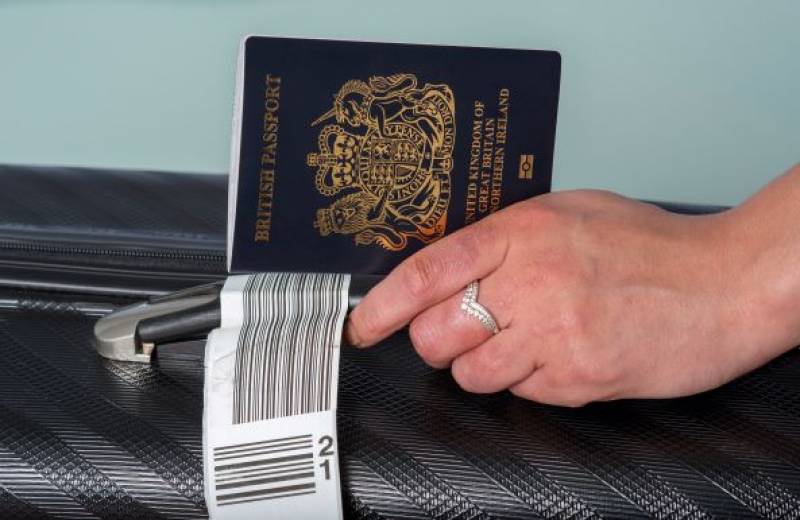Concerns from key EU countries means the EES could face another potential delay
The introduction of the EU’s new Entry-Exit System (EES), which will implement fingerprint and facial recognition checks for non-EU travellers at ports and airports, is expected to be delayed once again.
Ylva Johansson, the EU’s home affairs commissioner, had set the November 10 launch date for the EES, with a possible one-week contingency, meaning it could be delayed to November 17. However, concerns raised by France, Germany and the Netherlands about the system’s lack of live testing have led to doubts over whether even this date is feasible.
These countries have warned of potential travel disruptions and long queues at busy ports and airports, such as France’s Port of Dover, Germany’s Frankfurt Airport and the Netherlands’ Schiphol Airport, one of Europe’s busiest travel hubs.
The EES will require non-EU citizens entering the Schengen Area to undergo biometric checks, including fingerprinting and facial recognition, the first time they arrive. Subsequent entries will involve electronic verification of the stored biometric data.
One possible solution proposed by some officials is a phased approach to the system’s introduction that could involve implementing the basic entry-exit process, while delaying the more time-consuming fingerprint checks until the infrastructure and capacity are better prepared.
The launch of the ETIAS, which will mean non-resident non-EU travellers to the Schengen zone have to pay to enter, is reliant on the EES being fully in place, so any delay could mean the introduction of the ETIAS is also pushed back further.
OR
you can sign up to our FREE weekly roundup!
Read some of our recent bulletins:
25% Discount Special Offer subscription:
36.95€ for 48 Editor’s Weekly News Roundup bulletins!
Please CLICK THE BUTTON to subscribe.
(List price 3 months 12 Bulletins)
Read more stories from around Spain:












